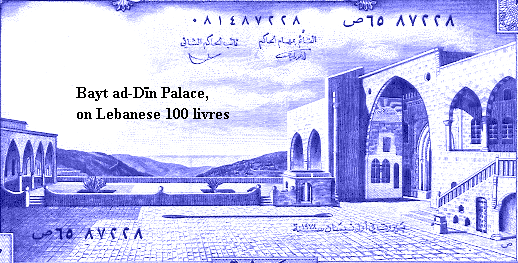|
[ Home ] [ Up ] [ Tours ] [ Turkey-Türkiye ] [ Prehistory Anatolia ] [ Anatolia ] [ Cities ] [ Museums ] [ About ] [ Site Map ] [ Search ]
- Mail to info[at]transanatolie.com
with questions or comments about this web site.
- Copyright © 1997 TransAnatolie. All
rights reserved.
- Last modified:
2025-10-30
-
-
-

|



